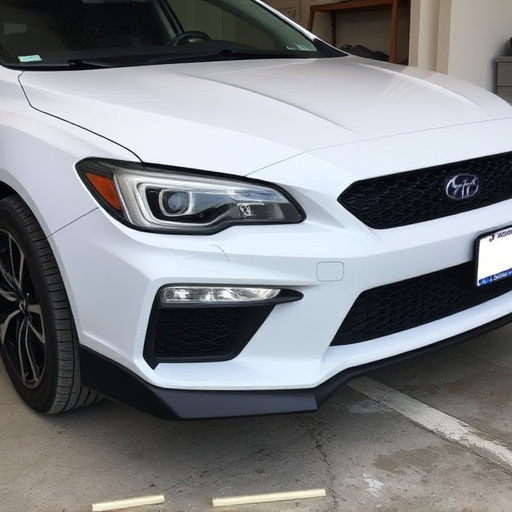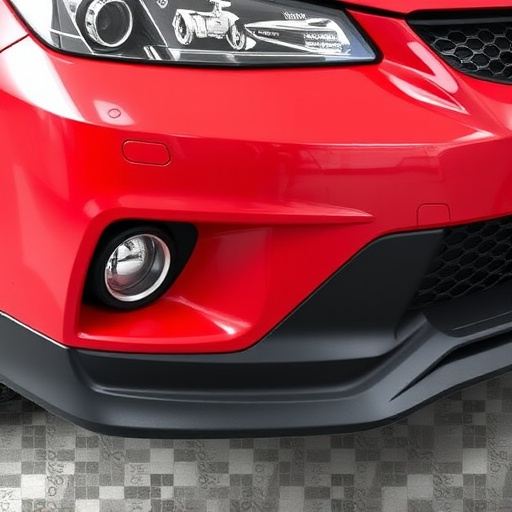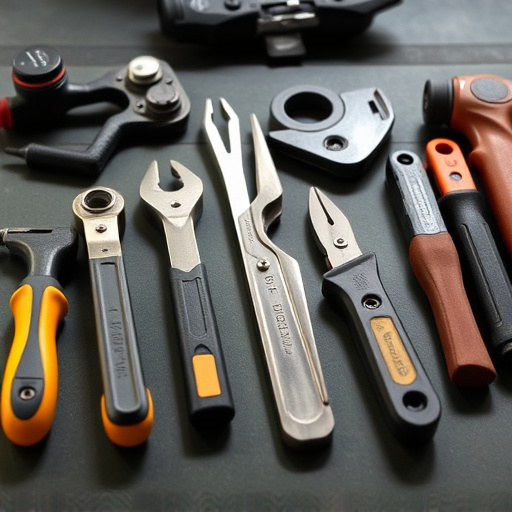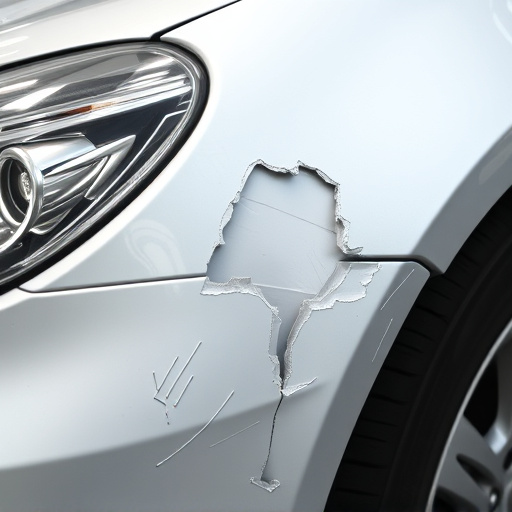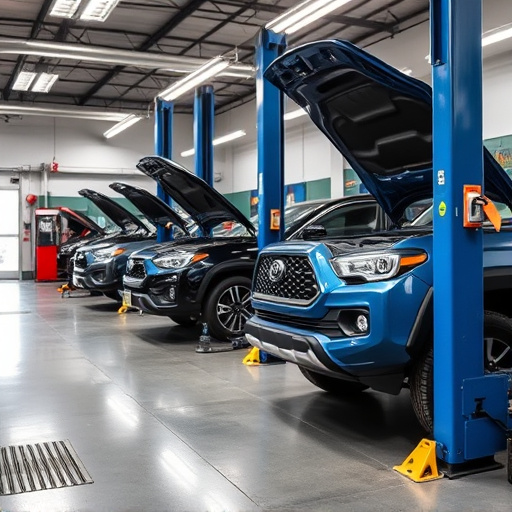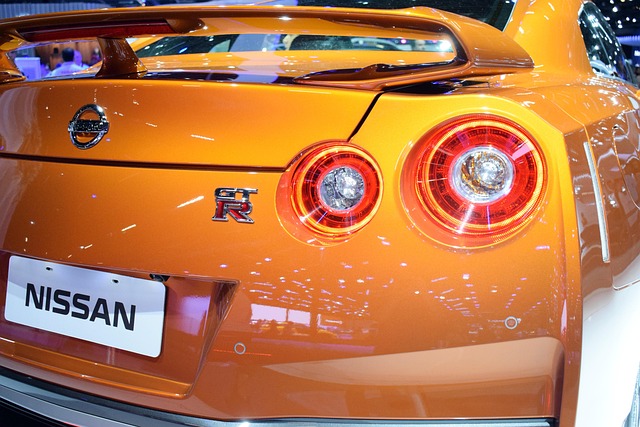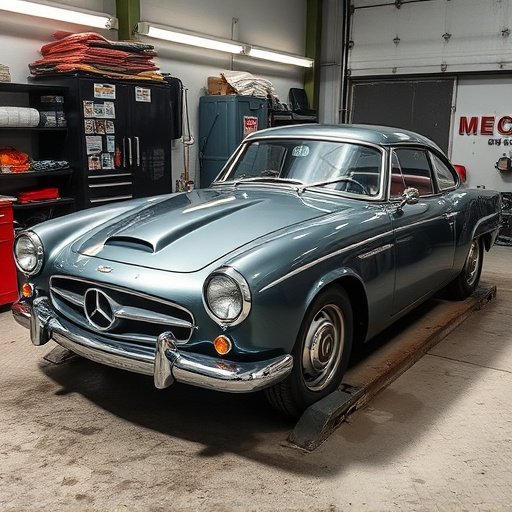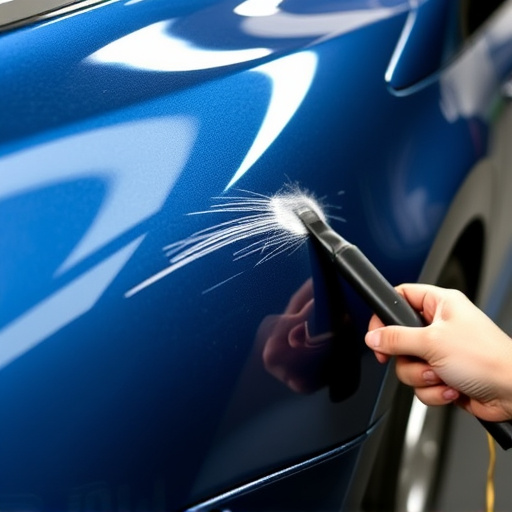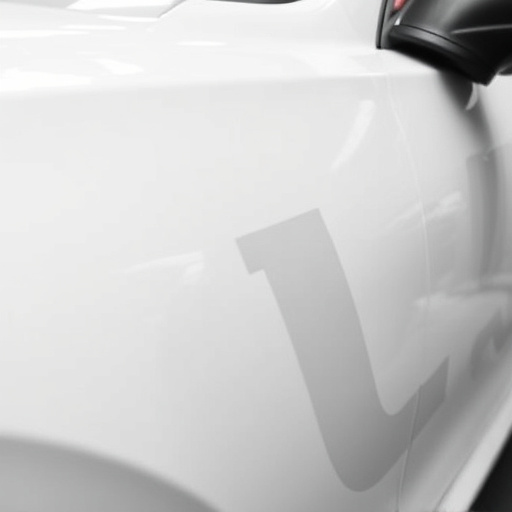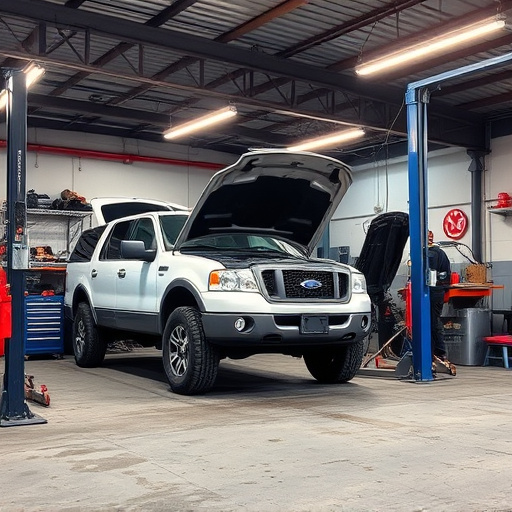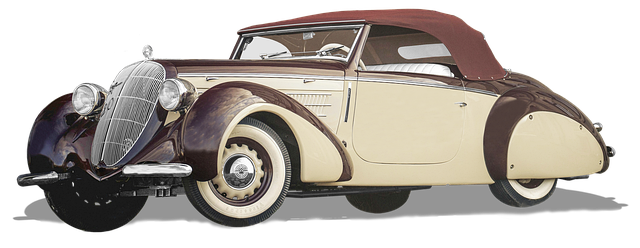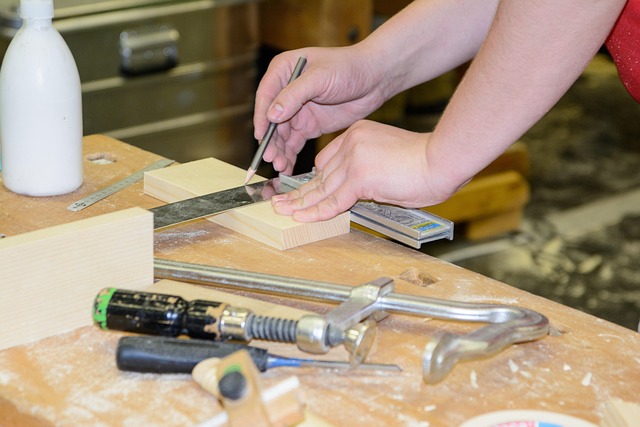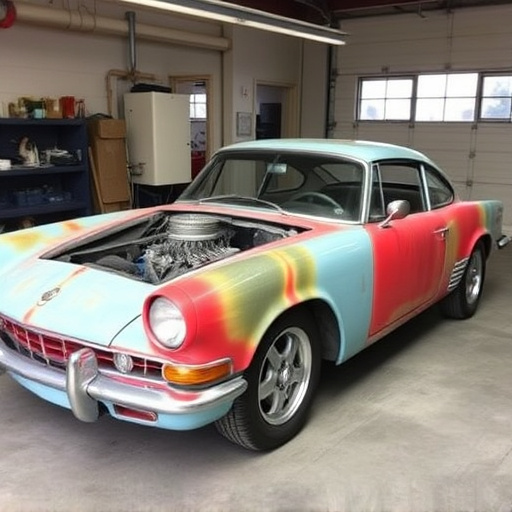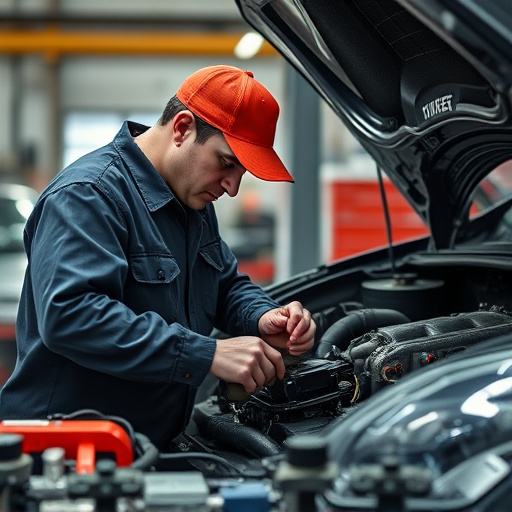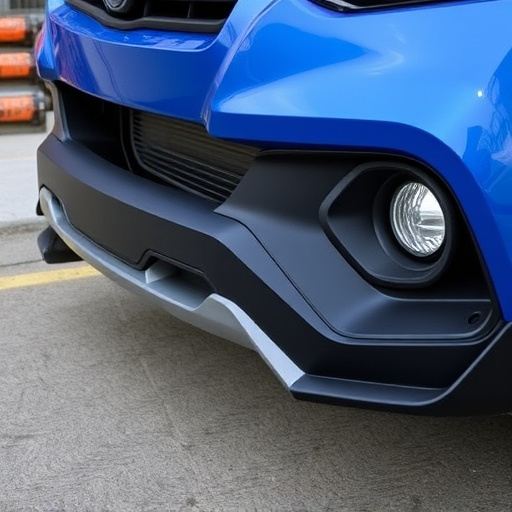Specialty collision hardware is vital for modern automotive repair, especially in lightweight vehicle models, offering tailored tools and components to address advanced materials and structures. These kits ensure precise repairs, maintaining structural integrity and performance, facilitating faster processes, reducing downtime, and saving costs in collision centers, while enabling complex dent repairs with minimal damage, preserving the vehicle's original luster and integrity.
Specialty collision hardware plays a pivotal role in modern automotive repairs, especially for lightweight vehicles. This advanced equipment is designed to handle intricate tasks with precision, offering significant advantages over conventional methods. From crimping and clamping to specialized welding, these tools ensure structural integrity while minimizing weight, crucial for enhancing fuel efficiency and overall vehicle performance. Understanding their basics and application techniques is key to leveraging their full potential in repairing today’s lightweight vehicles.
- Understanding Specialty Collision Hardware Basics
- Advantages in Lightweight Vehicle Repairs
- Essential Tools and Their Application Techniques
Understanding Specialty Collision Hardware Basics
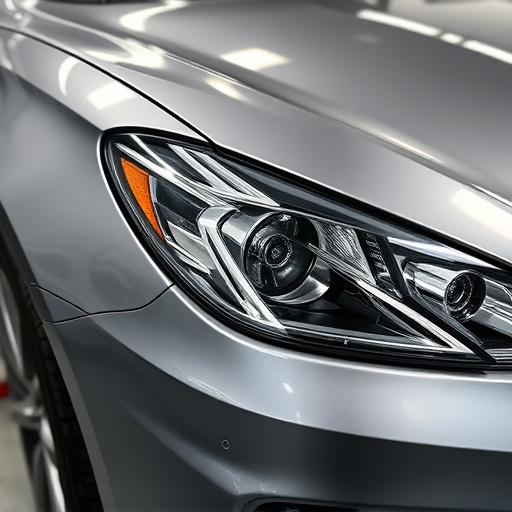
Specialty collision hardware refers to a specialized set of tools and components designed for precise and efficient repairs in automotive sectors, particularly with lightweight vehicles. This hardware is tailored to address the unique challenges posed by modern vehicle designs, which often incorporate advanced materials and intricate structures. The primary goal is to ensure structural integrity and safety during the repair process, especially in cases where traditional methods may not be adequate.
These hardware kits include various elements such as specialized fasteners, alignment tools, and impact-resistant brackets, all engineered to facilitate tasks like auto glass replacement or intricate automotive restoration work on vehicle bodywork. Understanding the basics of specialty collision hardware is crucial for professionals aiming to offer top-tier services, ensuring that repairs are not just cosmetically appealing but also structurally sound, thus maintaining the safety and performance of lightweight vehicles.
Advantages in Lightweight Vehicle Repairs
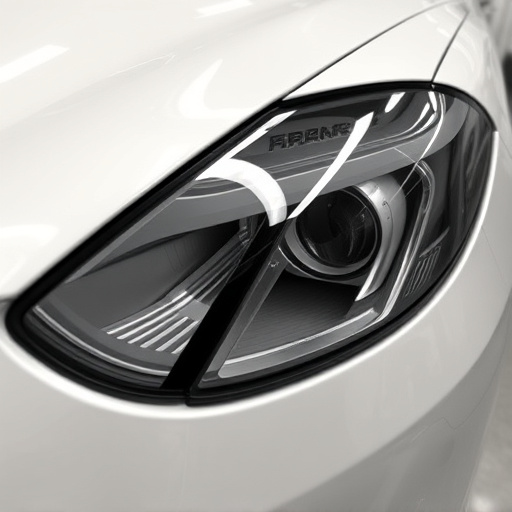
Using specialty collision hardware offers significant advantages in the realm of lightweight vehicle repairs. These tailored components are designed to precisely fit specific vehicle models and types, ensuring that repairs are both efficient and accurate. This precision is crucial for maintaining structural integrity and the overall quality of the vehicle’s exterior, which is particularly important with today’s sleek and innovative designs.
Unlike general hardware or generic replacement parts, specialty collision hardware facilitates faster and more precise collision damage repair processes in collision centers. For instance, specialized bumper repair kits can be assembled quickly, reducing downtime for both vehicles and technicians. This efficiency translates to cost savings for repair shops and convenience for vehicle owners, making it a game-changer in the automotive maintenance industry.
Essential Tools and Their Application Techniques
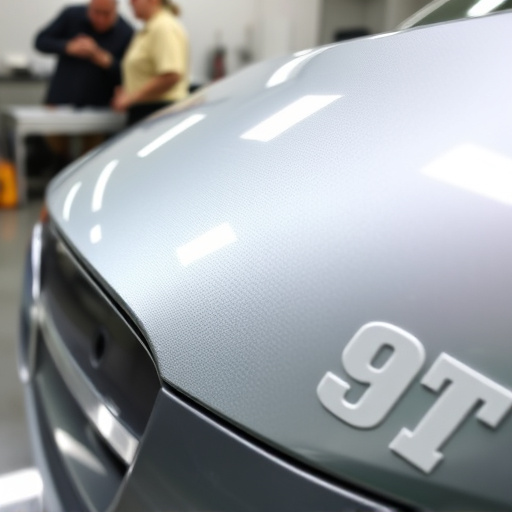
In an auto collision center, the role of specialty collision hardware cannot be overstated. These specialized tools are designed to handle intricate and precise tasks in vehicle dent repair, ensuring that each fix is not just functional but also aesthetic. From dedicated pry bars for careful panel separation to precision-cut templates for spot-on body panel replacements, this hardware enables technicians to perform complex car dent removal with minimal damage.
The application techniques vary based on the extent of the damage. For example, a skilled technician might use a heated knife to soften and remove dents before applying specialized suction cups for more precise adjustments. In some cases, such as deep or buried dents, specialty hardware like hydraulic presses can be employed to gently push out the dent from within, leaving no trace of its previous existence. This level of expertise ensures that vehicles not only drive smoothly but also retain their original luster and structural integrity.
Specialty collision hardware plays a pivotal role in streamlining repairs for lightweight vehicles, offering numerous advantages over traditional methods. By leveraging specialized tools and techniques, repair shops can enhance efficiency, reduce costs, and achieve superior structural integrity. Understanding the basics of this hardware and its applications is key to harnessing these benefits, ensuring that lightweight vehicle repairs are both effective and cost-efficient.
